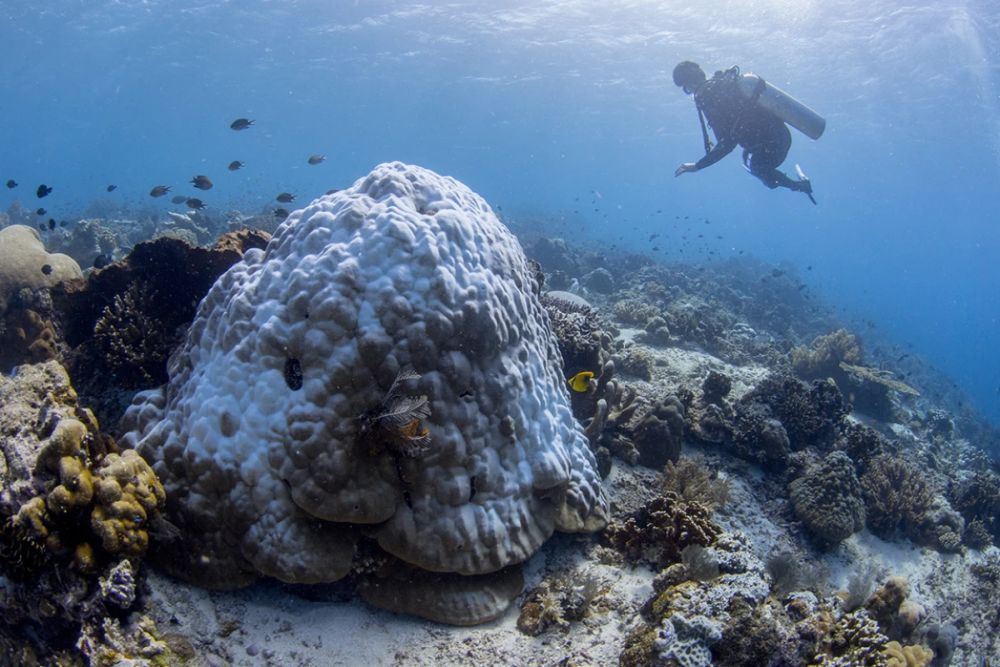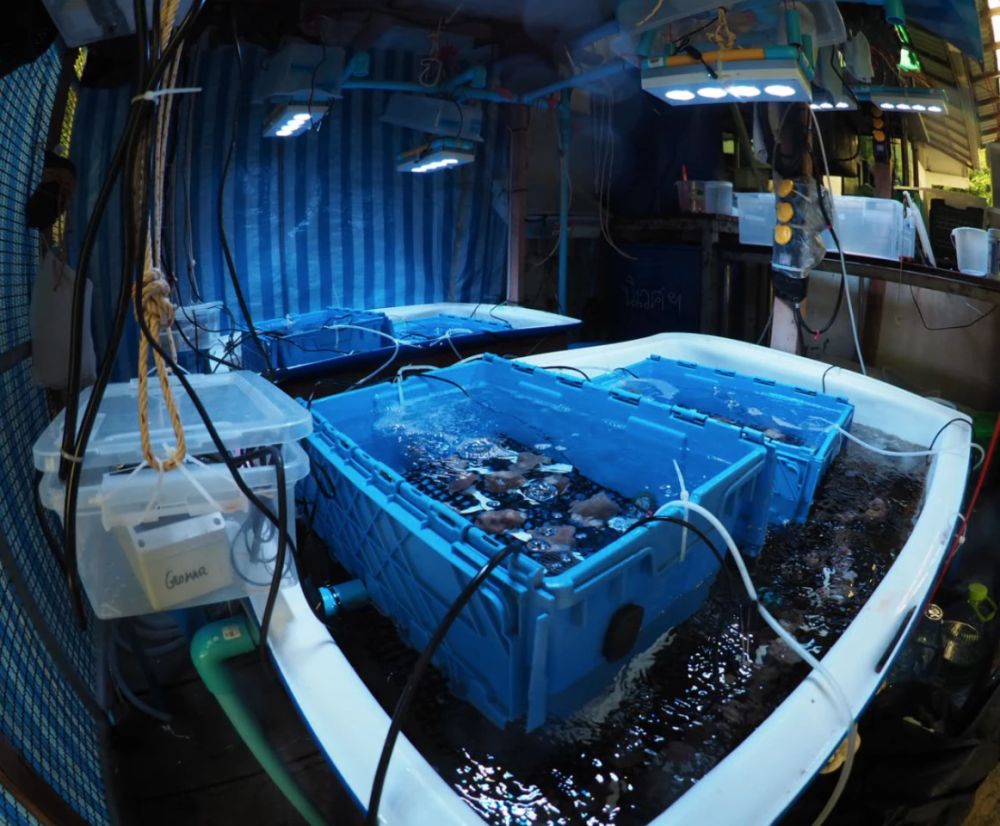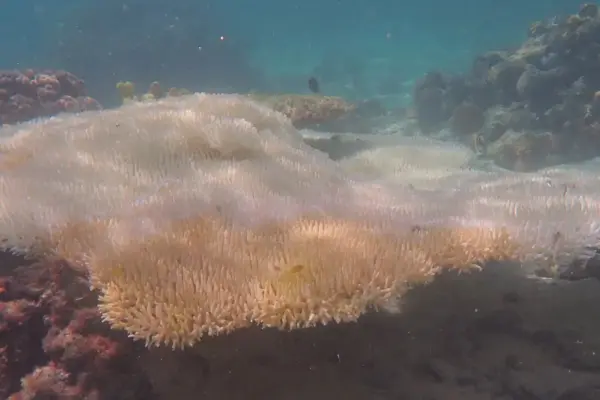Microbiome Transplants help Coral Reefs Combat Heat Stress amid Global Warming, Study
Rising temperatures are harmful to the inhabitants of land and water alike. With the oceans becoming warmer and more acidic, the world’s coral reefs are harmed by heat stress and severe bleaching. According to research, microbiome transplants can help coral reefs combat heat stress.
Scientists are hopeful as recent advances in human microbiome research have shown some promising early results. These transplants of helpful bacteria can tremendously help increase heat tolerance in vulnerable species.
Published in the journal Microbiome, the research identified heat-tolerant donor corals in the wild along with vulnerable corals and then transplanted material between the two to modify the bacterial microbiome.

Scientists are hopeful as recent advances in human microbiome research have shown some promising early results | Image: A. Roik
The international team of researchers, led by scientists at the GEOMAR Helmholtz Center for Ocean Researcher Kiel, set out to explore the extent of how microbiome transplantation could offer help to susceptible corals.
Also Read: 3D-Printed Terracotta Tiles to Restore Growth of Coral Reefs
For their experiment, the scientists used reef-building coral species from Thailand called Pocillopora and Porites.
Dr. Anna Roik from GEOMAR, lead author of the study, said,
The idea is that probiotic bacteria with beneficial functions could help a coral to better withstand heat stress. We then used material from the coral tissue of the donor corals to inoculate conspecific, heat-sensitive recipients and then documented their bleaching responses and microbiome changes using a genetic analysis method called 16S rRNA gene metabarcoding.

A recent study has found that microbiome transplants can help coral reefs combat heat stress amid rising ocean temperatures and acidity | Image: A. Roik
The results showed that the receiver corals, from both species, bleached slightly than a control group during short-term heat stress, where they are exposed to mild water temperatures. The inoculated corals were able to resist the heat stress response for a short-term.
Microbiome transplantations have presented a unique and interesting way to cure the ailing coral reefs around the world. While this is a huge problem, studies like this can add immense knowledge to help us make conservation strategies.


